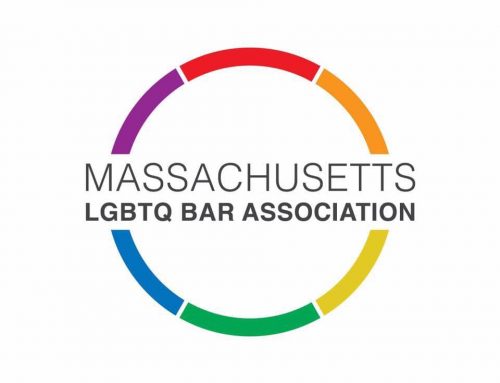Clients facing criminal charges are often eager to put things behind them by making a plea deal. That’s because open, or pending, cases can show up when applying for jobs, housing or professional licenses. While it is true that a major part of any criminal defense attorney’s job is structuring favorable plea deals, sometimes it is not in the client’s best interest to do so, at least not prematurely.
Cases in busy District (and Boston Municipal) courts are handled by a group of assistant district attorneys. These ADA’s are given huge caseloads, and must out of necessity prioritize their cases. The result of this is that sometimes things don’t get done by the prosecution, such as contacting and following-up with alleged victims and witnesses.
If the Commonwealth is unable to get victims and witnesses to the courthouse on the scheduled trial date, the defense will move to dismiss the case. In some instances, the Commonwealth won’t object, and will say that they do not expect to be able to reach the “necessary witnesses” in the future. In such instances, the case will almost always be dismissed. If, however, the Commonwealth requests a 2nd trial date to attempt to get the necessary witnesses into court, that is when the defense attorney must argue that the case should be dismissed nonetheless. The specifics of that argument vary with each case, but factors such as: whether the defendant is held in jail pending trial, his/her family obligations, general inconvenience and lack of due diligence by the Commonwealth, are all part of such an argument.
As a practitioner in the busy Boston Municipal Court, I have been able to have many cases dismissed (over the Commonwealth’s objection) on the trial date. In many of those cases, the Commonwealth had offered, prior to the trial date, plea deals that would have resulted in burdensome terms of probation. When a case is dismissed, the defendant will have no probation obligations, and will not serve any time. While such dismissals are “without prejudice,” meaning that the Commonwealth could re-file the charges in the future, such re-files are very much the exception to the rule.
Bear in mind that plea deals can be made up to the actual start of the trial. So in instances when the Commonwealth does answer “ready for trial,” with the necessary witnesses, defendants can then decide whether to go forward with the trial or tender a plea to the judge. All these considerations are moving parts, and I have helped many defendants make the right call.


